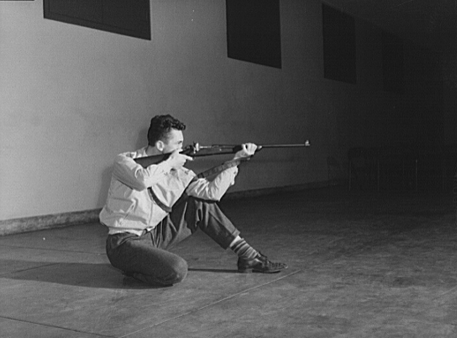The politicization of U.S. gun culture since the 1970s has popularized the idea that individual freedom and security is dependent upon the reclamation of traditionally defined sovereign powers. In this article, I outline how the exercise of popular sovereignty is a social relation of rule often involving extra-legal forms of violence, which regularizes unequal levels of vulnerability and security among various groups. I then address how the so-called sovereign subject, thought to be at the root of popular sovereignty, is conceptually contradictory and practically self-defeating. In practice, attempts to return to a supposed pre-political condition of personal sovereignty in order to secure individual freedom involves dismantling the very social conditions that enable such freedom in the first place.
Keyword: subjectivity
“Make the Music with Your Mouth”: Sonic Subjectivity and Post-Modern Identity Formations in Beatboxing
This paper investigates the possibilities of pleasure, sound, and the disruption of the iterations of identity in progressive time. How does sound reformulate how we see whiteness, heterosexuality, and female-bodied people? Beatboxing as a citational and intertextual form—phatic, rhythmic, sonorous, and lyrically side-steps some of the traps of rap music or other hip hop forms through its embodiment of sounds rather the logics of lyrics and traditional musical structure. In that way it remakes—queers—our alliances, allegiances, and sonic sensibilities.
Meditations on the Multiple: On Plural Subjectivity and Gender in Recent New Media Art Practice
In this text I revisit a multi-venue exhibition I co-curated with Susan Richmond, a professor of Art History at Georgia State University and independent curator Cathy Byrd. “Losing Yourself in the 21st Century” explored how contemporary women artists articulate notions of gendered subjectivity through new media in a social context where notions of a singular and stable self are constantly undermined through the now widespread negotiation of multiple identities that people experience online. We developed a blog that was utilized as a call for participation for the exhibition and also as a platform through which we could engage in dialogue with the artists and for the artists to respond to each other’s work. The blog also served as a particularly useful tool for a feminist project such as Losing Yourself, as it afforded transparency to the collaborative curatorial process. We selected thirteen artists to feature in exhibitions at the Welch Gallery at Georgia State University in Atlanta (October–December 2009) and Maryland Art Place in Baltimore (February–March 2010). The artists included were Ali Prosch, Susan Lee Chun, Katherine Behar, Pamela Phatsimo Sunstrum, Amber Hawk Swanson, Noelle Mason, Saya Woolfalk, kate hers, Shana Moulton, Amber Boardman, Stacia Yeapanis, Renetta Sitoy, and Milana Braslavsky.
